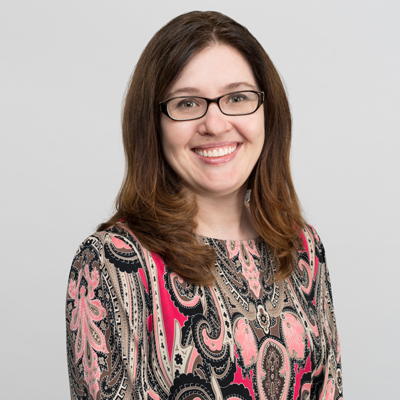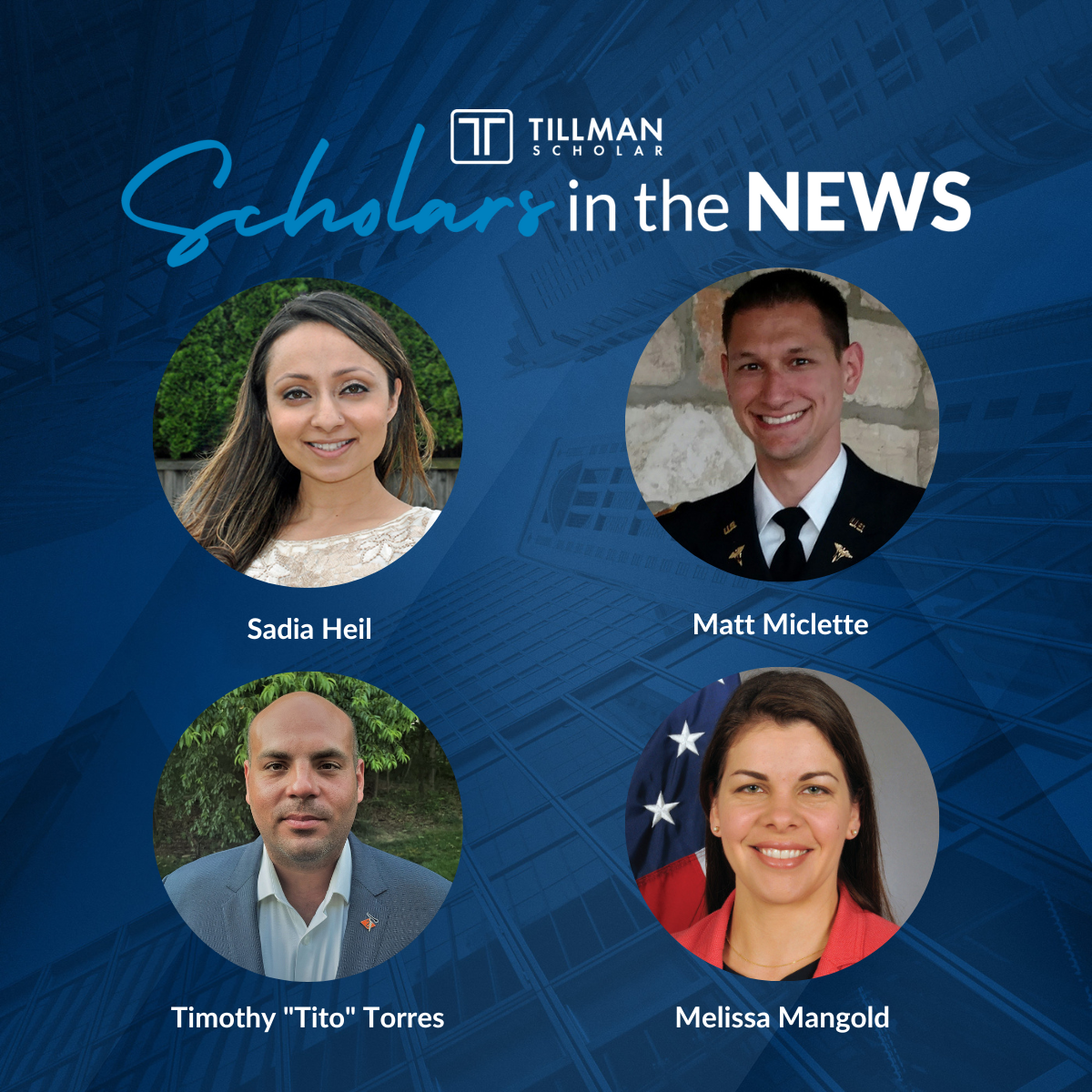Lisa Rich Uses Her Midwifery Background For Women’s Health
This week, we are spotlighting 2015 Tillman Scholar Lisa Rich, a certified nurse midwife at Pueblo Community Health Center in Pueblo, Colorado. Lisa is also a student at John Hopkins’ University School of Nursing.
Since graduating from Yale in 2018, Lisa has made women’s health the foundation of her work. In her midwifery practice, she has a variety of duties spanning from delivering newborns, offering well-woman care and being a health consultant for women. Lisa also specializes in opioid dependence treatment for pregnant women and prescribes medications like Subutex to help patients cope with addiction.
“As I treat dependencies, I’ve seen how committed these mothers were to make changes in their life and wanted to help in their recovery. I decided to get my D.E.A. waiver which allowed me to begin prescribing for these expecting mothers. It’s been very rewarding and I’m so happy to help them as they recover.”
Lisa passionately challenges conventional thinking about midwifery, informing people of the advantages of midwife labor care versus traditional labor care, particularly due to the connection that midwives can offer.
“Midwives tend to have a little more time. We don’t have a whole surgery schedule, we are not doing all the high-risk stuff,” she explained. “We take on normal-risk, normal births, which means we have the luxury of really trusting women and trusting their bodies on a different scale. That’s not to say other professionals don’t, it’s just we have a model of care that’s very patient-centered. Midwife means ‘with woman.’We treat them as whole people. We trust in their process. If you can have a midwife and you are low-risk, it’s an experience that can definitely be more holistic.”
Lisa seeks to overturn preconceived notions about midwifery, hoping to shed light on the many ways in which people can utilize midwives for anything from check-ins to advanced health protocols.
“A lot of people hear the word midwife and immediately think of it as some ‘hippie, witchcraft’ practice, but that’s not the case for many of us,” she said. “A lot of us have nursing degrees. A lot of us, myself included, don’t do home births. So you can have a midwife by your side in a hospital room. Mothers who want an epidural can have one, or if they want to achieve birth without pain medication, we have tools to support them in that as well. A mother’s birth experience is still dictated by her, even with a midwife present.”
Throughout her nursing career, Lisa has come to understand the important role that midwives can have on women’s health beyond pregnancy and advocates for how they can help with wellness beyond pregnancies.
“Some women may think the only time they’ll see a midwife is if they’re pregnant, but that’s not the case for many. We form meaningful relationships with our patients and offer guidance and continue to see them after pregnancy. Most of the patients I see for primary care are those who I served as a midwife for, and through the bond we formed with each other, they wanted to continue being seen as a result.”
As a Tillman Scholar, Lisa feels an incredible sense of community. She credits her own professional growth in part to the connection she has made with her other scholars.
“Throughout these past six years, I have made lifelong friends and I am always pushed to do more,” she said. “I strive a little harder than I otherwise have. Being a Tillman Scholar has been incredibly rewarding professionally and personally.”




